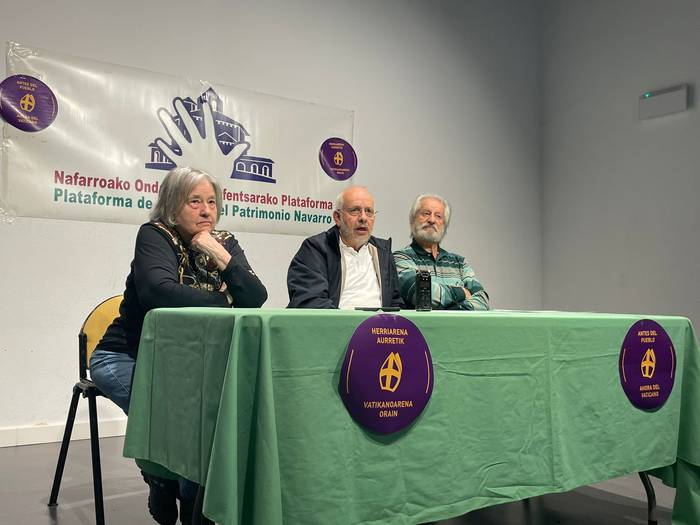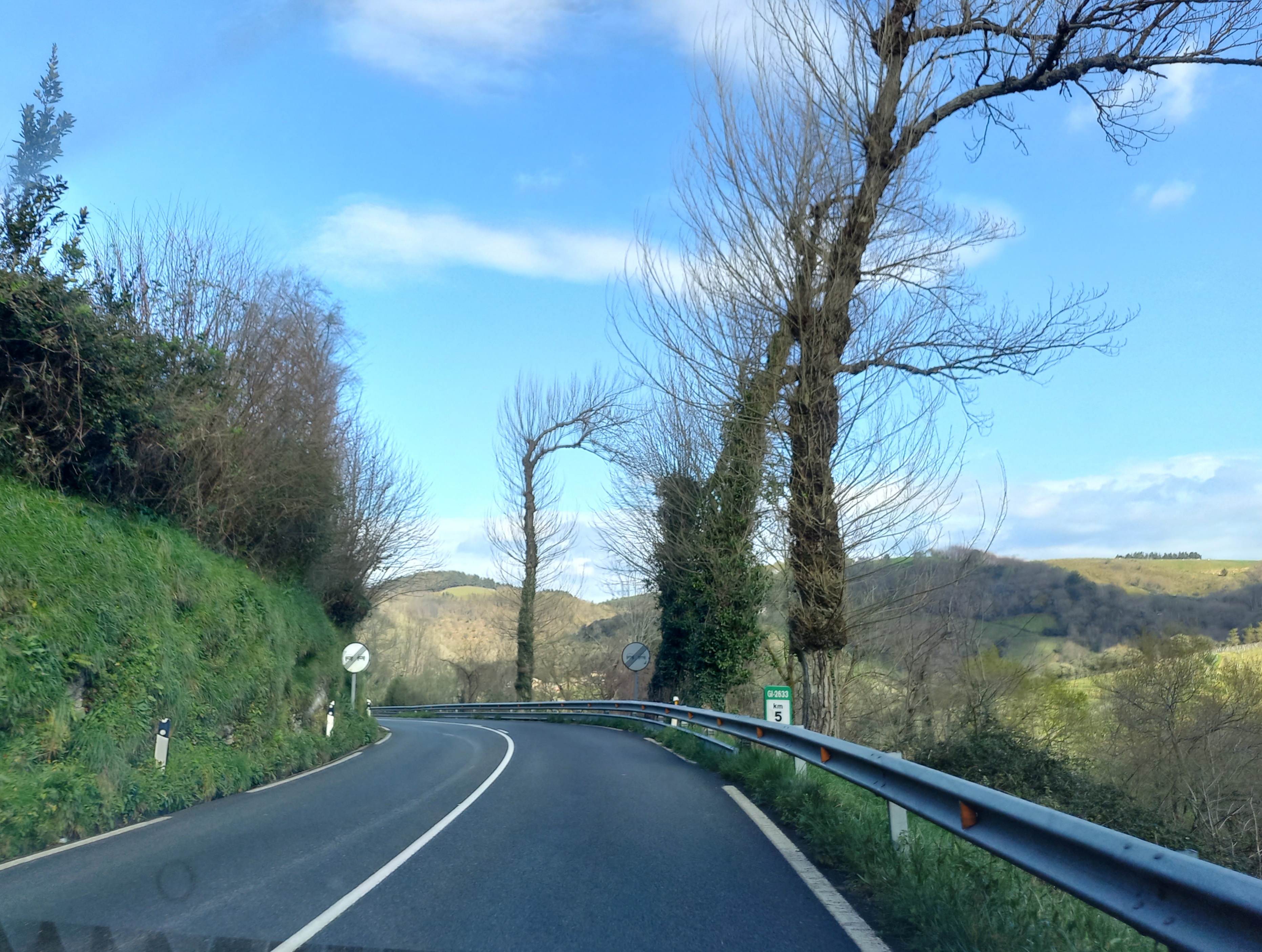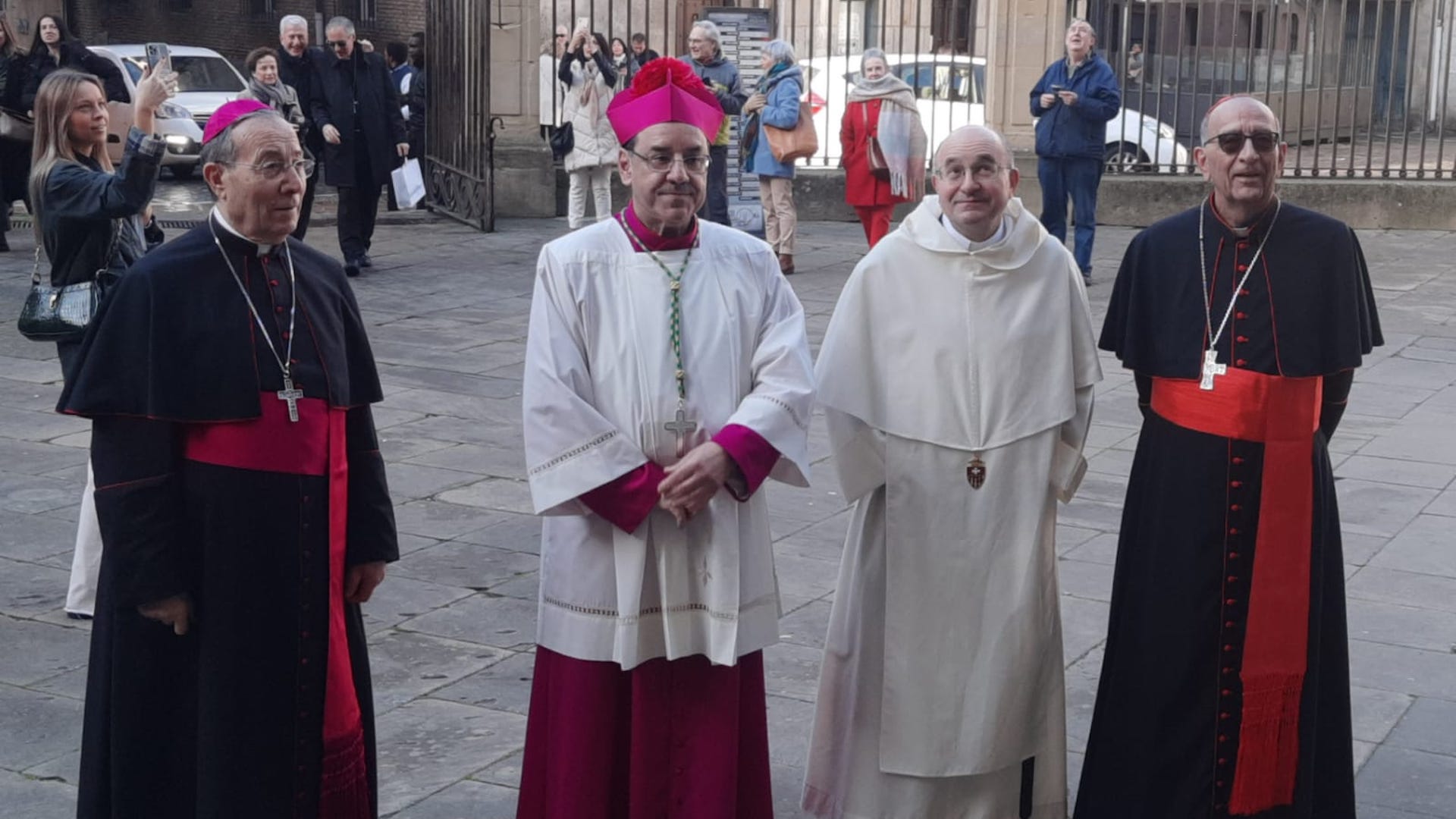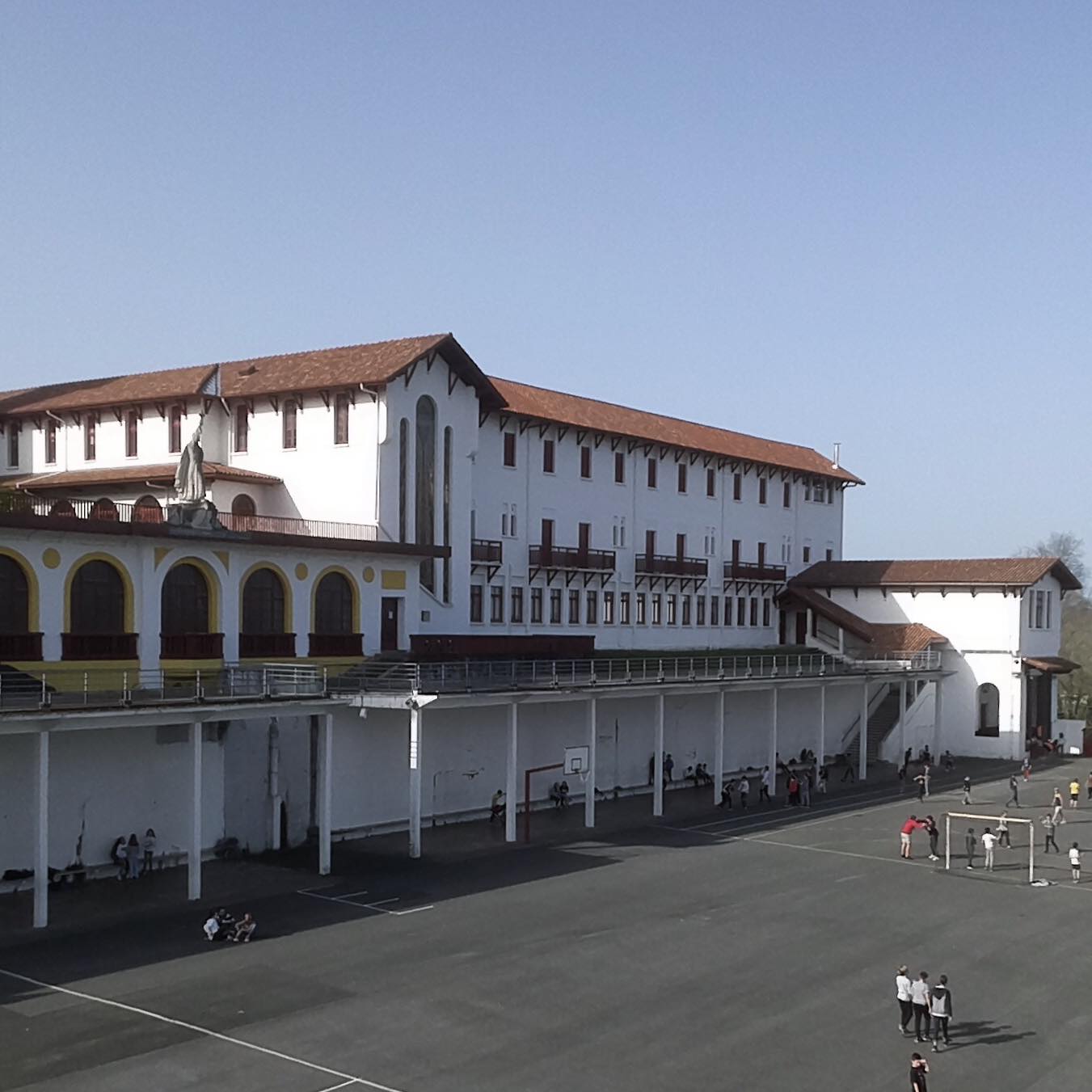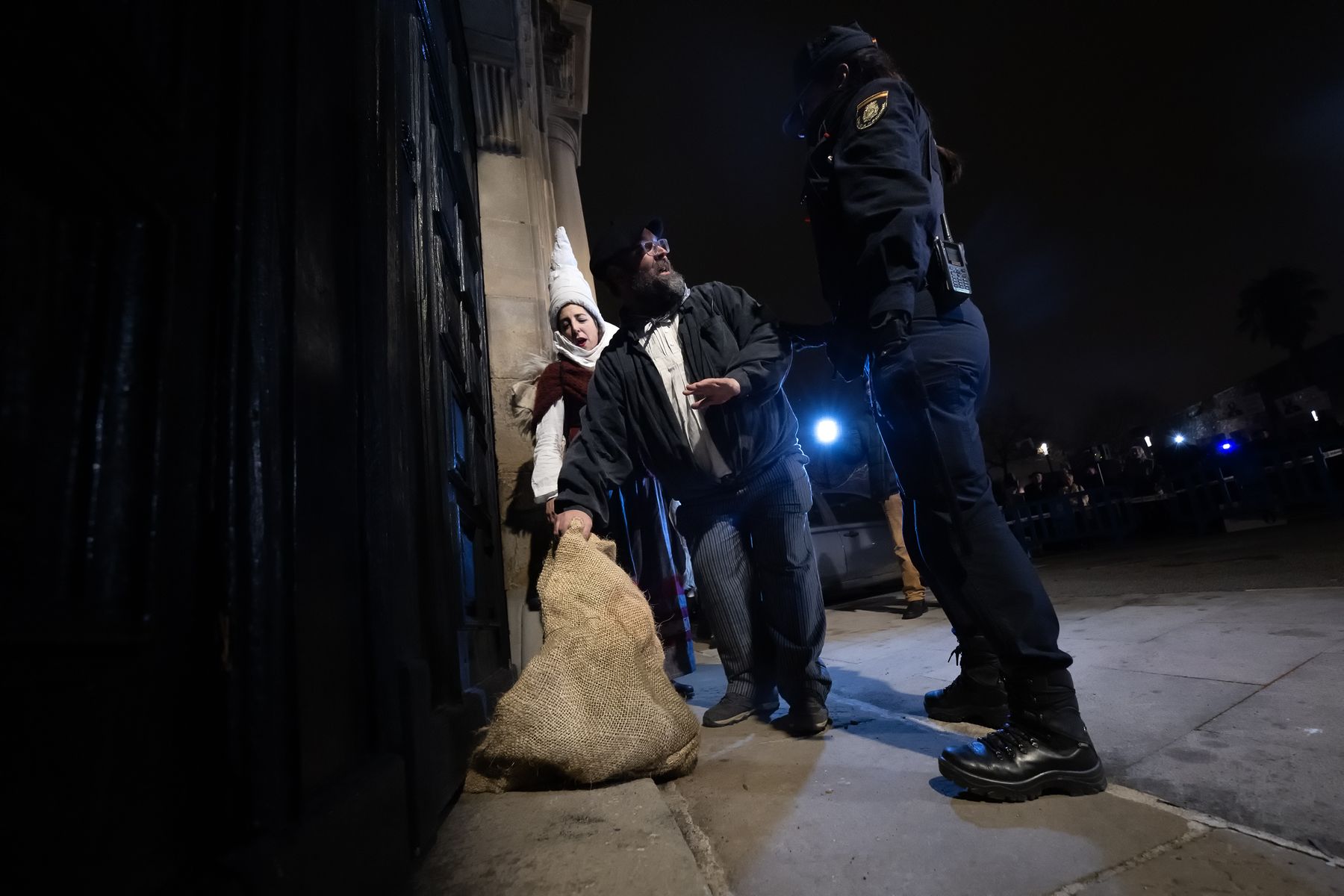Samuel Morse Candidate for Mayor of New York
- New York, 1836. The painter and inventor Samuel Morse (Boston, 1791 – New York, 1872) appeared as mayor of the city. At that time, he abandoned the painting he had lived before and decided to dedicate himself fully to inventions. But their extreme political and religious ideas were not rejected.
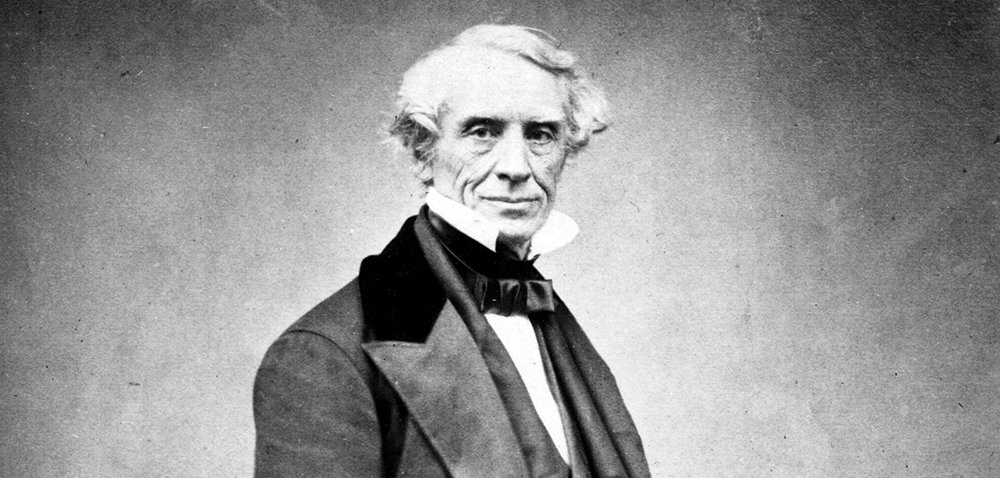
The importance of religion for Morse became apparent eight years later, on May 24, 1844, when he telegraphed the first Morse code message from Washington to Baltimore: What hath God wrought or “What God hath forged.” He referred to the Protestant god Morse. He was one of the leading leaders of the American Catholic and anti-immigrant movement in the middle of the 19th century and stood in the New York elections with Nativist Party or native party.
When referring to the natives, he did not refer to the inhabitants of North America, he referred to himself and his peers, to the heirs of the European immigrants who abandoned and massacred the true natives and, more specifically, the heirs of the Protestant immigrants. Their aim was to unite the Protestants against the Catholic institutions. Among his proposals was the ban on Catholics holding public office and the amendment of immigration laws to reduce the number of immigrants.
And when I was talking about immigrants, I wasn't talking about slaves. “Slavery is not sinned in itself,” he wrote, “it is a social, disciplined and benign condition that God has promised with good sense from the beginning of the world.” Morally, to be a slave owner was equivalent to being “parents, employers or leaders.”
The inventions that revolutionized the communications world that Samuel Mors was going to achieve with success and recognition, mainly thanks to the code and telegraph that bears his name. In addition to the Morse code, a lunar crater, an asteroid and an Argentine municipality are now called.
But, above all for the happiness of Catholics, immigrants and slaves, it did not achieve such a success in politics and its name did not enter the list of mayors of New York, where it obtained 1,496 votes in a city of about 300,000 inhabitants.
Goizean jaiki orduko hasten dira desegokitasunak. Beharbada lotarako erabili duzun lastaira ere ez zen egokiena. Baina, ezin ba idatzi desegoki sentiarazten nauten guztiez. Horregatik, udaberriko ekinozioa –egunaren eta gauaren arteko oreka– dela eta, oraindik ere,... [+]
Frantziskok "Franciscomanía" zeinuarekin hasi zuen bere Aitasantutza. Fenomeno soziologiko horri esker, Vatikanoko boterearen zirrikituak aldez aurretik ezagutzen ez zituen gaztetasunaren ikono eta Elizako aldaketa-haizeen intsuflatzaile bihurtu zen.
Era berean,... [+]
Prentsaurrekoa eskaini dute ostegun honetan Marc Aillet Baionako apezpikuak, elizbarrutiko hezkuntza katolikoko zuzendari Vincent Destaisek eta Betharramgo biktimen entzuteko egiturako partaideetarikoa den Laurent Bacho apaizak. Hitza hartzera zihoazela, momentua moztu die... [+]
Elizak 23 kasu ditu onarturik Nafarroa Garaian. Haiek "ekonomikoki, psikologikoki eta espiritualki laguntzeko" konpromisoa adierazi du Iruñeko artzapezpikuak.
Lestelle-Betharramgo (Biarno) ikastetxe katolikoko indarkeria eta bortxaketa kasuen salaketek beste ikastetxe katoliko batzuen gainean jarri du fokua. Ipar Euskal Herriari dagokionez, Uztaritzeko San Frantses Xabier kolegioan pairaturiko indarkeria kasuak azaleratu dira... [+]
On February 3rd, the time has begun to pre-enroll our children and young people in schools, and as every year we would like to remind you why we do not think it is a good idea to enroll them in religion. Last year we finished the article saying that “many of you will be... [+]












